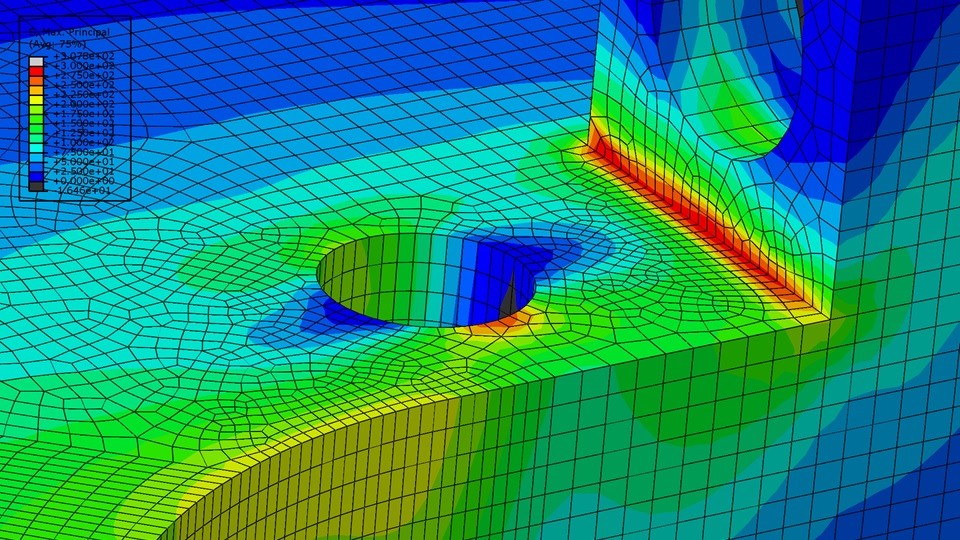Metal Alloy Elemental Consistency Testing
Elemental consistency testing is an essential process in quality assurance and compliance. This service ensures that the elemental composition of metal alloys is consistent across production batches, thereby maintaining product quality and reliability.
The importance of this test lies in its role as a key factor influencing material properties such as strength, ductility, corrosion resistance, and weldability. Variations in elemental composition can lead to significant differences in these properties, affecting the performance and safety of end products like aircraft parts, medical devices, construction materials, and automotive components.
Our testing service adheres to strict international standards including ISO 9001 for quality management systems and ISO/IEC 17025 for laboratory accreditation. These standards ensure that our elemental analysis is accurate, reliable, and repeatable.
The testing process involves several steps beginning with the receipt of a sample from the customer. Our team performs an initial inspection to ensure the sample meets our quality criteria before proceeding with further processing. Specimen preparation includes cleaning, grinding, and polishing if necessary to ensure uniformity across samples for accurate analysis.
For metal alloy elemental consistency testing, we use advanced instrumentation such as Inductively Coupled Plasma Mass Spectrometry (ICP-MS), Energy Dispersive X-ray Spectroscopy (EDS), and Laser Ablation ICP-MS to obtain precise elemental data. These instruments allow us to detect trace amounts of elements down to parts per million levels, providing detailed information about the composition of each sample.
The results from these analyses are then compared against the specified limits provided by the customer or industry standards such as ASTM B137 or ISO 6892-1. Any discrepancies between measured values and specifications trigger further investigation to identify potential issues in manufacturing processes or supply chain management.
Our reports detail all relevant findings, including any deviations from expected compositions along with recommendations for corrective actions if necessary. By providing comprehensive documentation of our testing procedures and results, we help customers meet regulatory requirements while ensuring consistent quality across their production lines.
In summary, elemental consistency testing is crucial for maintaining high standards in metal alloy manufacturing. Through rigorous sample preparation, state-of-the-art analytical techniques, and meticulous reporting practices, we deliver accurate and reliable test results that support informed decision-making throughout the supply chain.
Applied Standards
The elemental consistency testing service at our laboratory is guided by several international standards. These include ISO/IEC 17025 which accredits laboratories to ensure they meet specific technical requirements for their operations; ISO 9001 focuses on quality management systems ensuring continuous improvement and customer satisfaction; ISO 6892-1 sets out mechanical testing methods applicable to metallic materials; ASTM B137 provides guidelines for nickel-base alloys.
These standards provide a framework for our testing procedures, ensuring accuracy, precision, and reliability of results. By adhering strictly to these norms, we maintain the highest levels of integrity in all aspects of our work.
International Acceptance and Recognition
- Our laboratory is ISO/IEC 17025 accredited ensuring compliance with international quality standards.
- We comply with ASTM B137 for nickel-base alloys testing.
- The results from our elemental consistency tests are widely accepted globally by regulatory bodies and industry stakeholders.
- Our reports meet the requirements of ISO/IEC 17025, making them valid across various markets worldwide.
This international acceptance ensures that our test results hold weight in any market or region. Whether you need compliance testing for export to Europe or certification for sale in North America, we can provide the necessary documentation and support required by these regions.
Use Cases and Application Examples
In industries where precision is paramount such as aerospace, medical device manufacturing, automotive engineering, and construction materials production, elemental consistency testing plays a vital role. Here are some specific use cases:
- Aerospace Industry: Ensuring that critical components like turbine blades or structural elements meet stringent quality standards.
- Medical Device Manufacturing: Guaranteeing biocompatibility and performance specifications of implants and prosthetics.
- Automotive Engineering: Verifying the integrity of engine parts, exhaust systems, and other components that affect vehicle safety and efficiency.
- Construction Materials Production: Maintaining quality control for structural steel, concrete aggregates, and other materials used in building projects.
In each case, elemental consistency testing helps manufacturers adhere to strict regulations while enhancing product reliability. Our service ensures that every batch produced meets the desired specifications, thereby reducing risks associated with variability in material properties.





